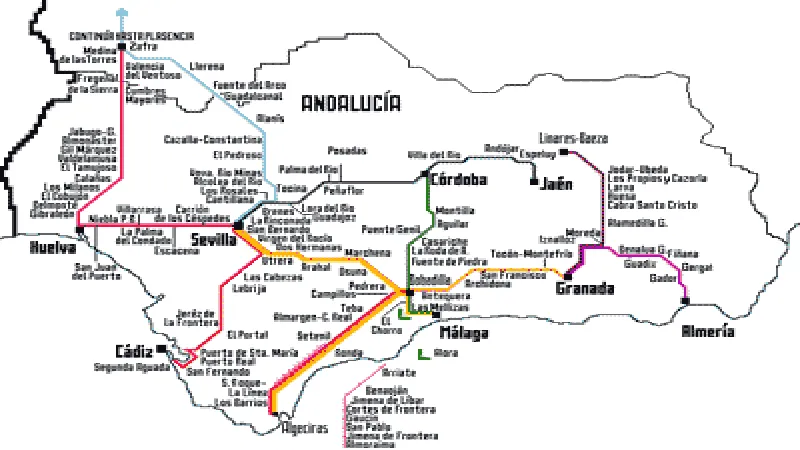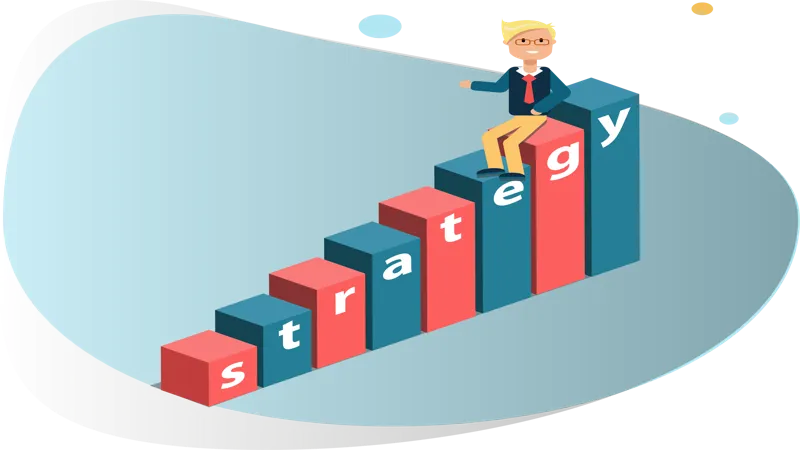In a world where information is at our fingertips, the challenge lies not in accessing knowledge but in discerning its value. As we navigate through an abundance of data, it becomes essential to cultivate critical thinking skills that enable us to analyze, interpret, and apply what we learn effectively. This exploration delves into the importance of developing a discerning mindset, equipping individuals to thrive in both personal and professional spheres. Join us as we uncover strategies and insights that empower us to transform raw information into meaningful understanding and informed decision-making.
| Category | Description | Examples |
|---|---|---|
| Animals | Living beings that can move and eat. | Dog, Cat, Elephant. |
| Plants | Living organisms that grow in soil and make their own food through photosynthesis. | Tree, Flower, Grass. |
| Minerals | Naturally occurring substances found in the earth. | Quartz, Gold, Salt. |
| Weather | The state of the atmosphere at a specific time and place. | Sunny, Rainy, Snowy. |
| Seasons | The four divisions of the year, each with different weather patterns. | Spring, Summer, Autumn, Winter. |
What is the Importance of Nature?
Nature is the beautiful world around us. It includes trees, rivers, mountains, and animals. Nature is very important because it gives us clean air to breathe and food to eat. Without nature, we would not be able to live. We need to take care of our environment so that all living things can thrive. Learning about nature helps us understand how our planet works and why it is important to protect it.
In addition to providing us with essentials for life, nature also brings joy and relaxation. Many people enjoy spending time outdoors in parks or hiking in the mountains. Being in nature can make us feel happy and calm. It is also a great way to exercise and stay healthy. By connecting with nature, we can appreciate the beauty of the world around us and learn to be better caretakers of our environment.
Frequently Asked Questions
What are FAQs and why are they important?
FAQs, or Frequently Asked Questions, help answer common questions about a topic. They save time and provide quick information, making it easier for readers to understand important concepts.
How can I find the information I need in FAQs?
You can easily locate information in FAQs by scanning the questions. Look for keywords that match your concerns to find relevant answers quickly.
Why should I trust the answers in FAQs?
The answers in FAQs are based on reliable information and common inquiries. They are crafted to provide clear and accurate insights, making them trustworthy.
Can FAQs help me with my specific questions?
Yes! FAQs cover a variety of topics and common concerns. If your question is popular, it might already be answered there.
How often are FAQs updated?
FAQs should be regularly updated to reflect new information and changes. This ensures that the answers remain relevant and helpful for readers.
Are FAQs easy to read and understand?
Absolutely! FAQs are designed to be simple and engaging. They use straightforward language, making them accessible for everyone, including younger readers.
Where can I find FAQs on specific topics?
You can find FAQs on specific topics on websites, forums, or support pages related to your area of interest. They are often listed in a dedicated section.
Summary
This summary will provide a clear overview of the main ideas and key points from the content. It will be easy to understand for 4th and 5th graders while including essential information. The focus will be on creating a concise and engaging description that highlights the most important aspects without getting into complicated details. By using simple language and avoiding technical terms, the summary will ensure that readers grasp the key takeaways effectively. The use of relevant keywords will also help improve visibility on search engines.



